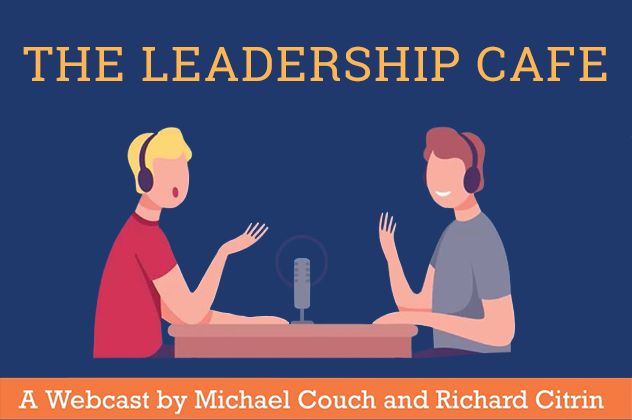I was talking with a group of educators last week about how we address risk taking at work and at home.
Someone pointed out that there are very clear formulas for taking risks around financial planning but not so much in other areas. Someone else laughingly mentioned that even when you are planning how to invest your retirement savings, financial planners talk about “financial risk tolerance,” which they often determine by how you sleep when the stock market goes down 500 points.
While we can’t often determine how much risk we should take in other areas such as speaking up with a new idea at work, increasing a curfew for a teenager, or deciding where to stay on this summer’s vacation, the Resilience Advantage model does suggest another strategy to take that is different from “risk tolerance” and that is “risk capacity.”

Risk capacity is related to the events that are going on in your life and the personal strength and resources you have to deal with them. If you work for a manager who is open to new ideas and you’ve thought yours out fully, then it is a low risk environment for sharing it. If your son or daughter has been responsible around their schoolwork, then an extended curfew is probably in line. Reading lots of reviews about the summer holiday increases the possibility that your family vacation will be memorable.
The Resilience Advantage focuses on building hardiness and when you do, you increase your own risk capacity. When you do that, you know that you are managing risk and not the other way around.
© Richard Citrin, All rights reserved, 2018
]]>